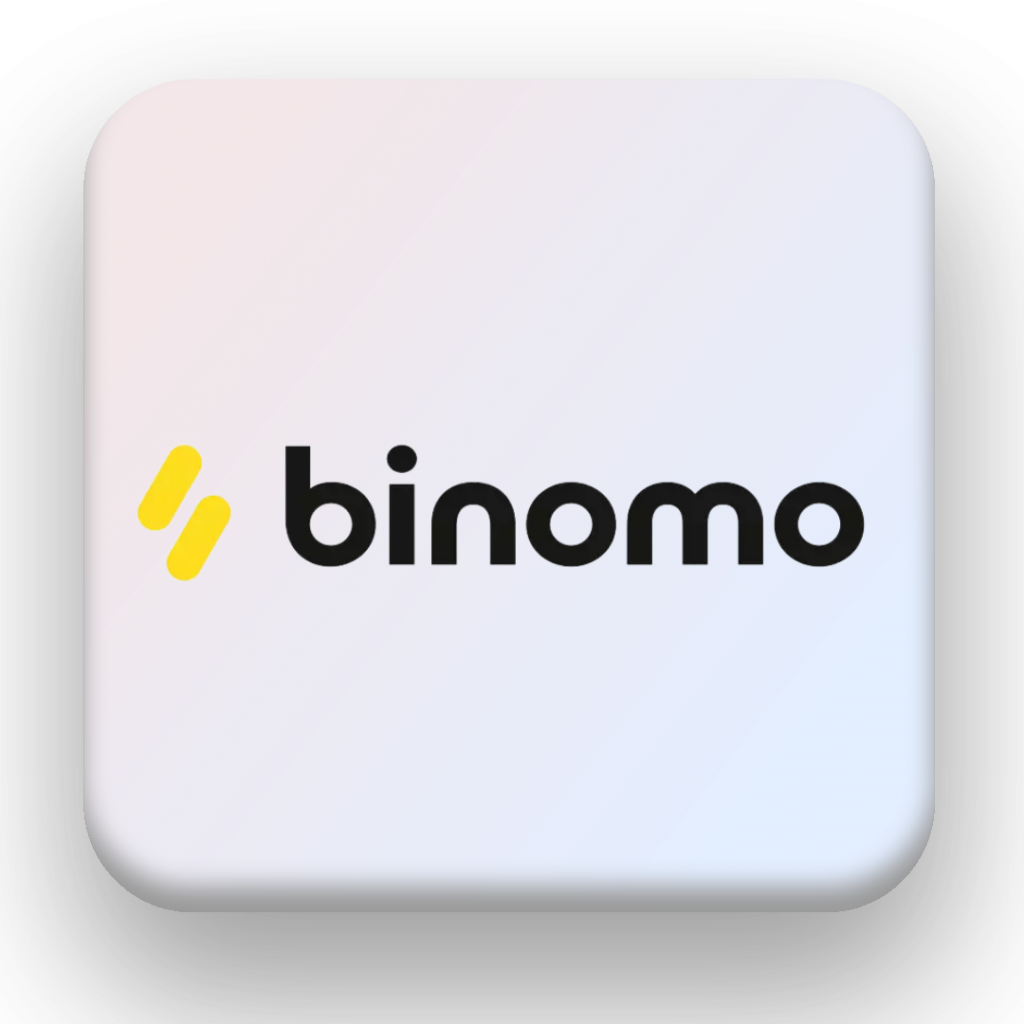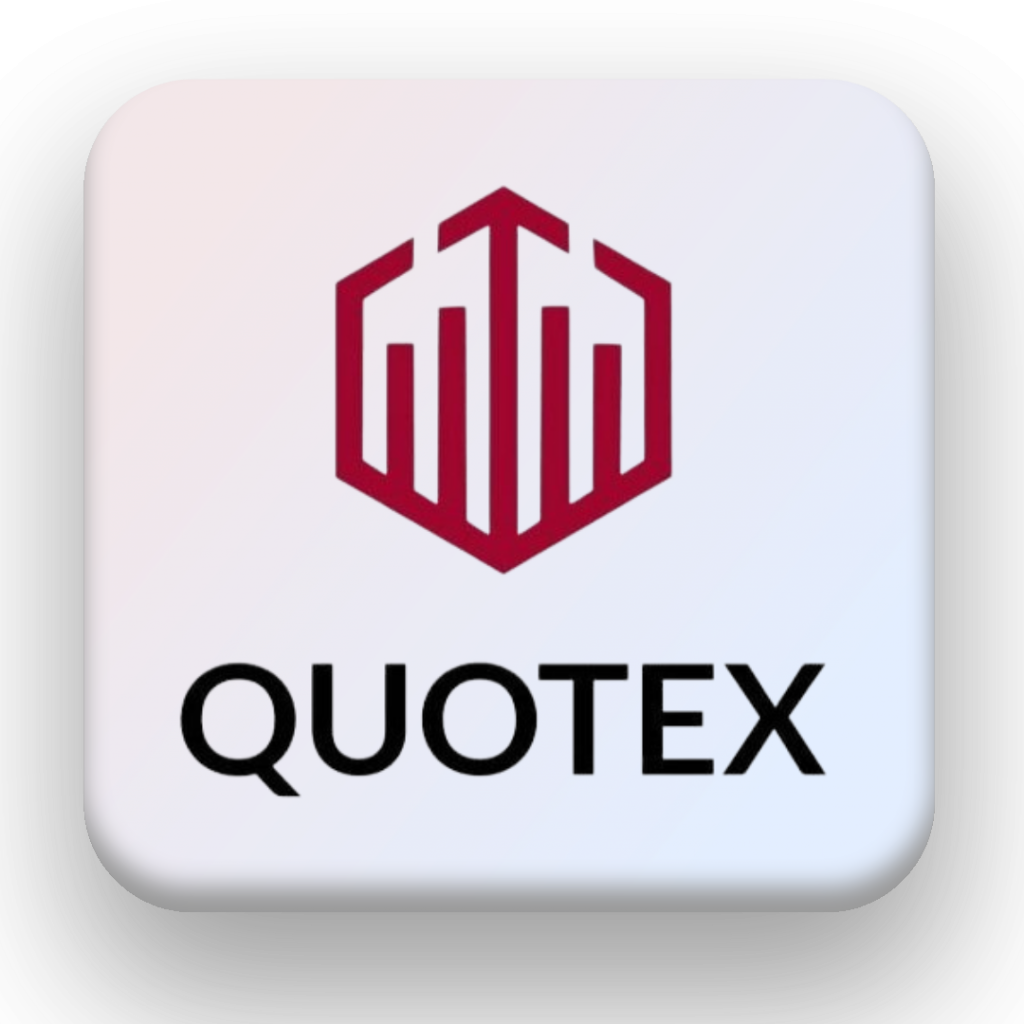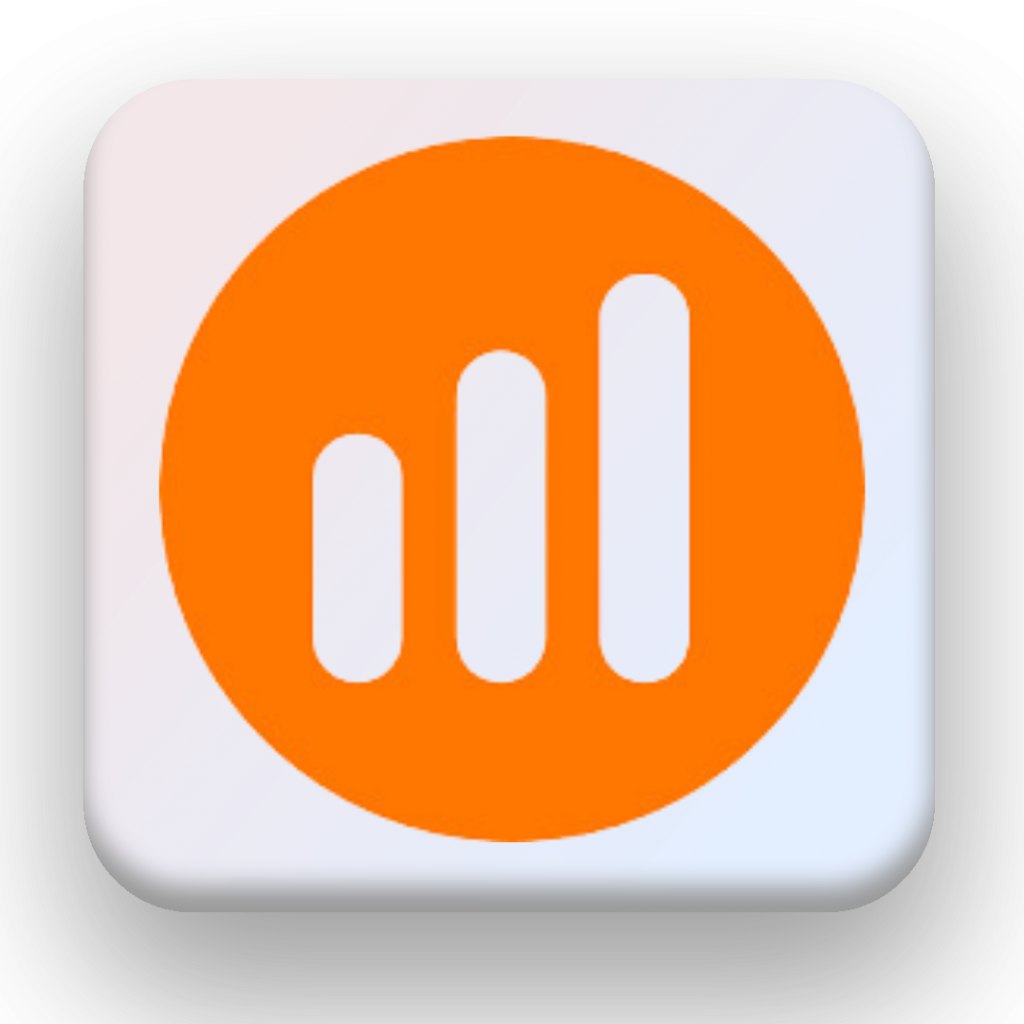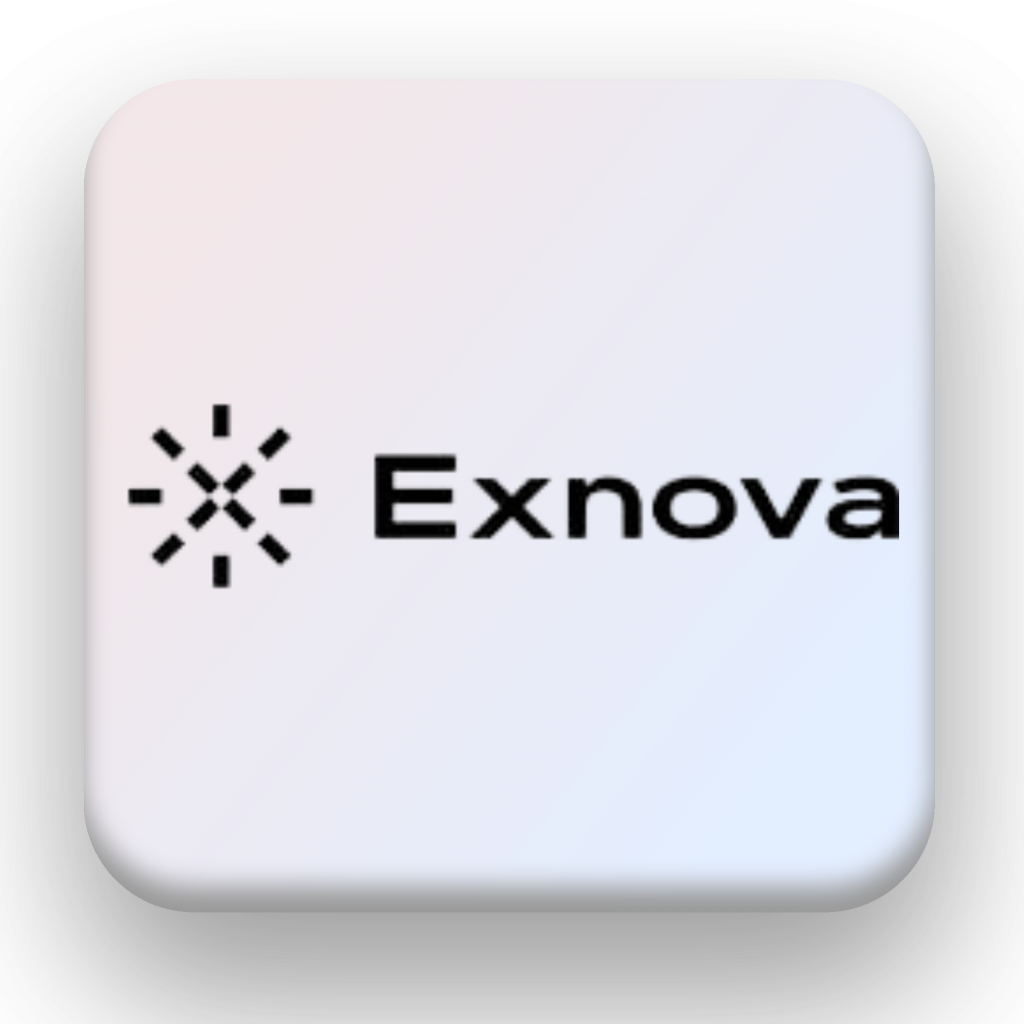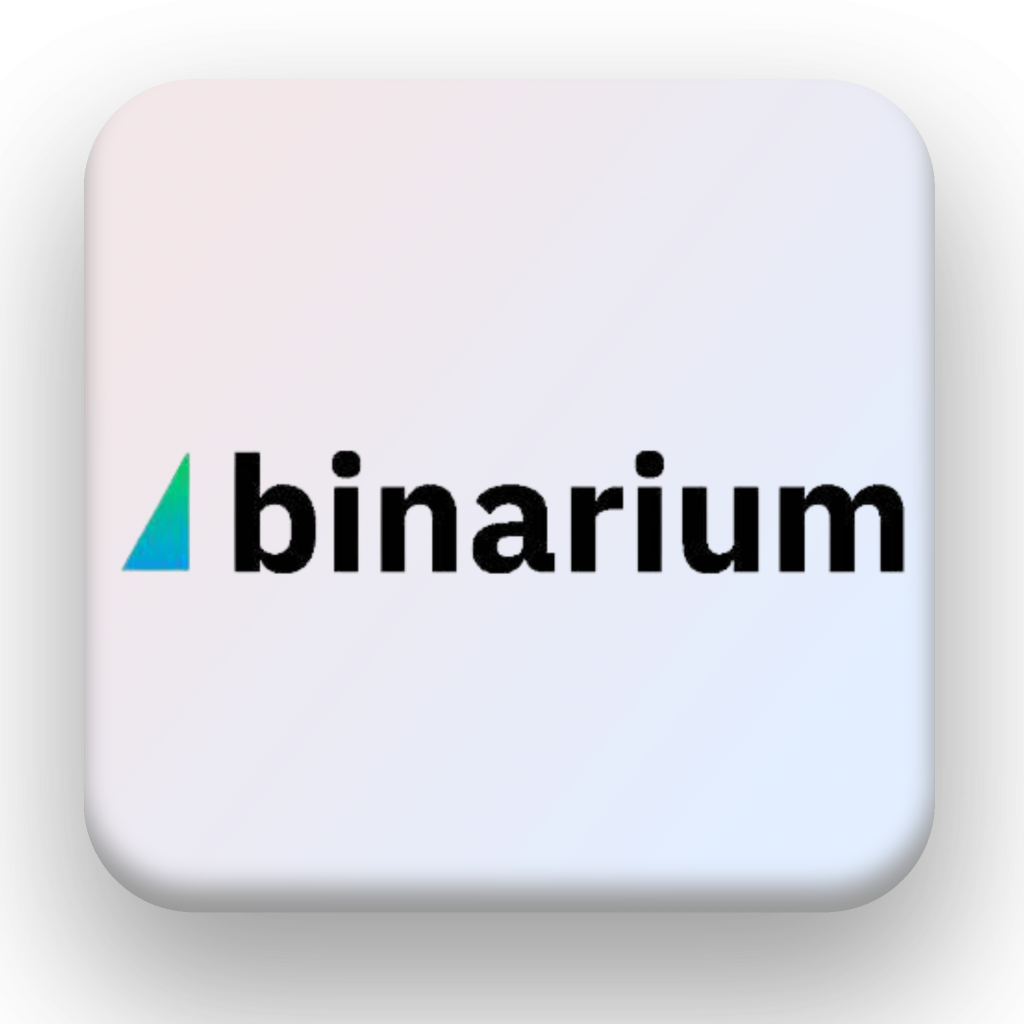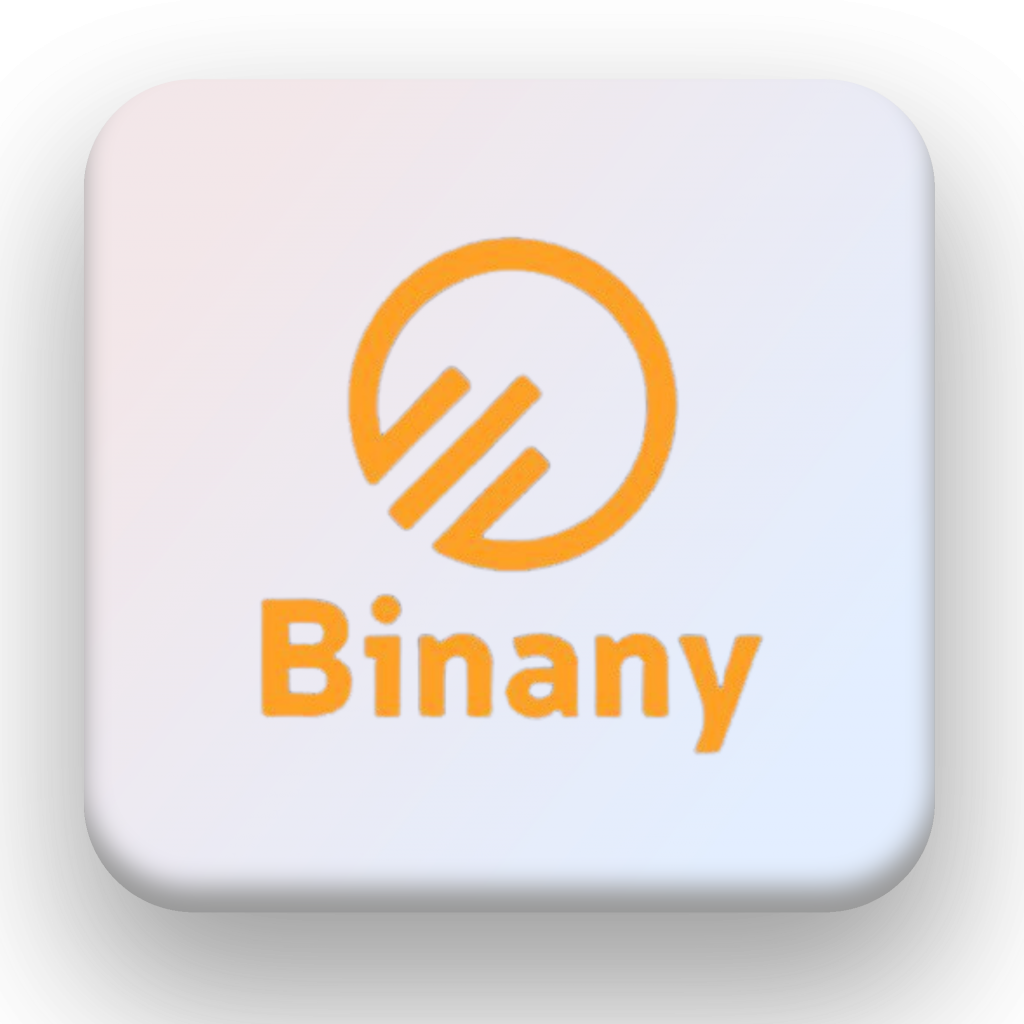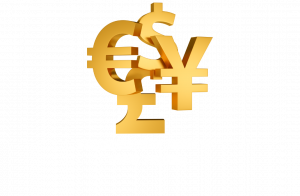Home / BROKERS REVIEW / ARE FOREX HALAL OR HARAM
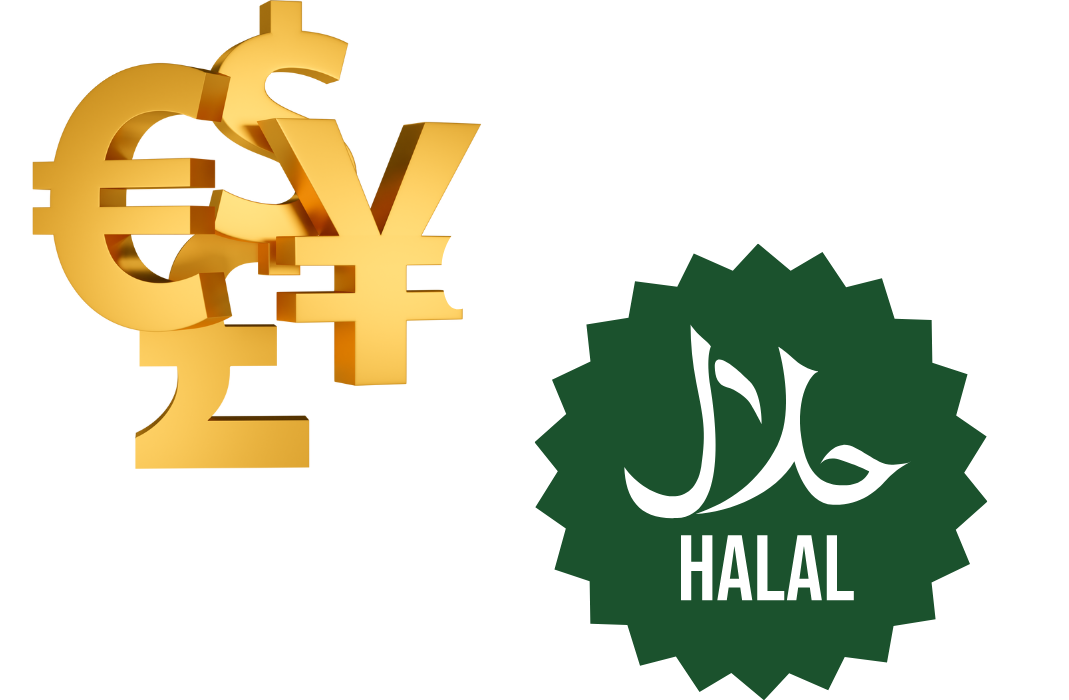
Are Forex Trading Halal or Haram?
Understanding the Islamic Perspective on Currency Trading
In recent years, Forex trading has become increasingly popular among investors worldwide.
However, one question that frequently arises in the Islamic community is whether Forex trading is halal (permissible) or haram (forbidden) according to Islamic law.
This article delves into this important question, analyzing both the ethical and financial aspects of Forex trading in the context of Islamic teachings.
What is Forex Trading?
Forex, short for foreign exchange, refers to the global market for buying and selling currencies.
The Forex market is the largest and most liquid financial market in the world, with trillions of dollars traded daily. Traders engage in currency speculation to profit from fluctuations in exchange rates between different currencies.
However, for Muslims who follow Sharia law, investing in such markets raises concerns regarding whether such activities align with the principles of Islam.
The Key Principles of Islamic Finance
To answer the question of whether Forex trading is halal or haram, it’s essential to understand the key principles of Islamic finance.
Islamic finance is based on several fundamental prohibitions and ethical principles:
Riba (Interest)
Earning or paying interest is strictly prohibited in Islam. Any financial transaction that involves earning or paying interest is considered haram.
Gharar (Uncertainty)
Excessive uncertainty or ambiguity in contracts is prohibited. Islamic law requires transparency and clarity in all financial transactions.
Maysir (Gambling)
Any form of gambling or speculation, where the outcome is uncertain and involves risk for the sake of profit, is also considered haram.
Is Forex Trading Halal or Haram?
The answer to this question largely depends on the nature of the Forex trading itself.
Let’s explore the factors that determine whether Forex trading can be considered halal or haram under Islamic law.
1. Leverage and Interest (Riba)
One of the main concerns regarding Forex trading is the use of leverage.
Many Forex brokers offer margin trading, allowing traders to borrow money to open larger positions.
The issue here is that borrowing money often involves paying interest, which would make the transaction haram.
However, some brokers offer Islamic Forex accounts, also known as swap-free accounts, where no interest is charged on overnight positions.
These accounts allow traders to participate in Forex trading without violating the prohibition on riba.
2. Speculation and Gambling (Maysir)
Forex trading can sometimes resemble gambling, especially when traders make speculative bets on currency movements without fully understanding the market or using proper risk management.
In such cases, Forex trading could be considered haram because it involves high risk and uncertainty, akin to gambling.
However, if a trader follows a disciplined and informed approach to trading, conducting thorough market analysis, and using strategies that mitigate risk, Forex trading can be seen as halal.
The key is to avoid excessive speculation and to trade responsibly.
3. Transparency and Fairness (Gharar)
In Islamic finance, contracts must be clear and transparent, with no hidden risks or uncertainties.
Some forms of Forex trading might involve complex contracts or lack transparency, which could make them haram.
For Forex trading to be halal, the terms of the trade should be straightforward, and both parties should be aware of the risks involved.
Traders should avoid entering into contracts with excessive uncertainty or ambiguity.
Pocket Option offers a user-friendly platform with low minimum deposit requirements, fast withdrawals, and excellent customer support, making it an ideal choice for both new and experienced traders.
Olymp Trade offers an excellent trading experience with a user-friendly platform, great customer support, and competitive payouts, making it a top choice for both beginners and experienced traders.
Binomo is a highly reliable platform with an easy-to-use interface, great customer support, and impressive payout rates, making it a top choice for traders seeking a smooth and secure trading experience.
Quotex offers a robust and user-friendly trading platform with excellent customer support, fast withdrawals, and a wide range of assets, making it a great choice for both beginners and experienced traders.
IQ Option provides an intuitive and reliable trading platform with a wide range of assets, excellent educational resources, and responsive customer support, making it an ideal choice for traders of all experience levels.
Exnova offers a user-friendly platform with competitive payouts and excellent customer support, making it a top choice for traders seeking a seamless experience.
Binarium provides an intuitive interface, quick withdrawals, and a solid selection of trading assets, ideal for both beginners and experienced traders.
Expert Option combines an easy-to-navigate platform with strong educational resources and fast execution, ensuring a smooth trading experience.
Binany stands out for its low minimum deposit, great customer service, and a wide range of tradable assets, perfect for new and seasoned traders alike.
Stockity delivers a streamlined trading platform with advanced charting tools, fast deposits and withdrawals, and excellent customer support.
Is Forex Trading Halal with Islamic Accounts?
The introduction of Islamic Forex accounts has allowed many Muslim traders to engage in Forex trading without violating the principles of Islamic finance.
These accounts are designed to be riba-free and typically do not involve interest or swap rates.
Additionally, Islamic Forex accounts often focus on ethical trading practices, ensuring that traders do not engage in activities that are considered unethical or in violation of Sharia law.
As a result, for Muslims, trading in Forex with an Islamic account can be halal, provided they follow ethical and responsible trading practices.
Conclusion: Is Forex Trading Halal or Haram?
In conclusion, whether Forex trading is halal or haram depends on the specific practices and methods used by the trader.
While traditional Forex trading involving leverage and interest may be considered haram, Islamic Forex accounts provide an option for Muslims to trade in the Forex market in a way that complies with Islamic law.
It’s crucial for Muslim traders to ensure that they trade with ethically-sound practices, avoid speculation, and use platforms that offer swap-free accounts to stay within the boundaries of halal trading.
As always, it’s advisable for traders to consult with a knowledgeable Islamic scholar or financial advisor to ensure that their trading activities align with their religious beliefs.
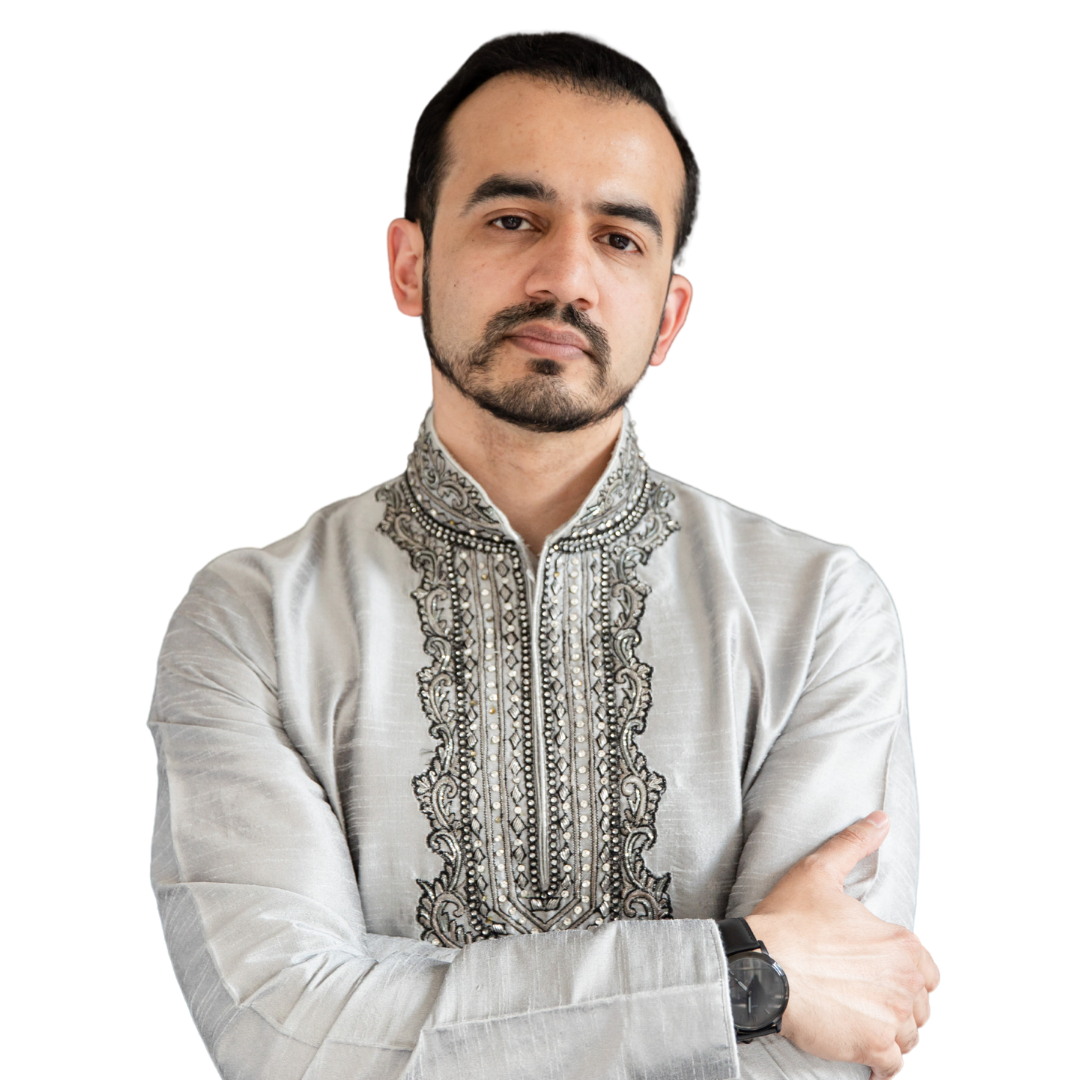
Mohammad Izmailov
Customer Service Manager at FBX
Summarizing the above — trading is everyone’s choice, and if a Muslim seeks a better life and decided to devote his working life to this sphere, there will be no conflicts with religion.
